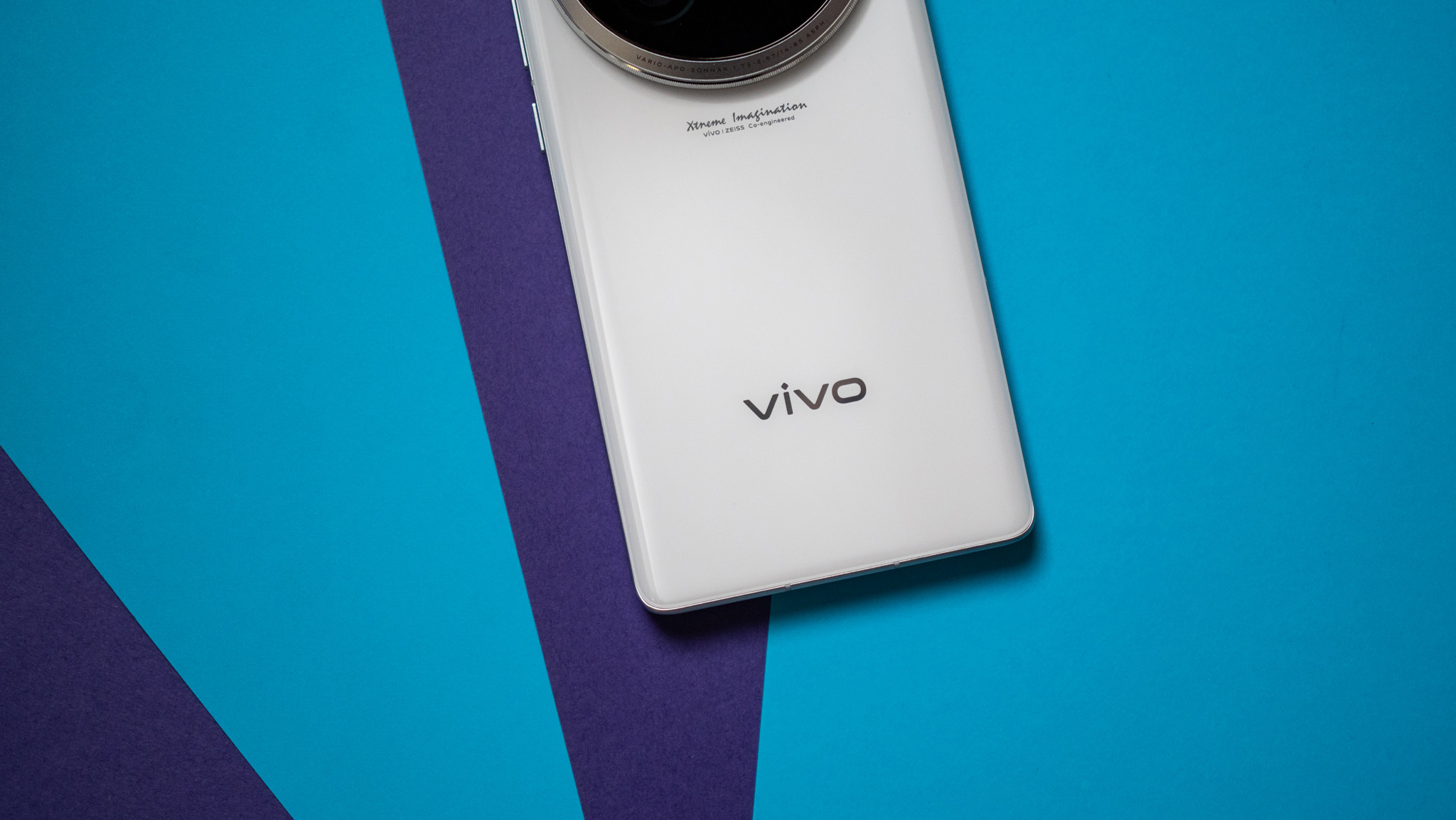Gorilla Tag shows why Meta needs to loosen its grip on the Oculus Store
Gorilla Tag, along with a bounty of other experimental titles, deserve their time in the sun on Quest 2.
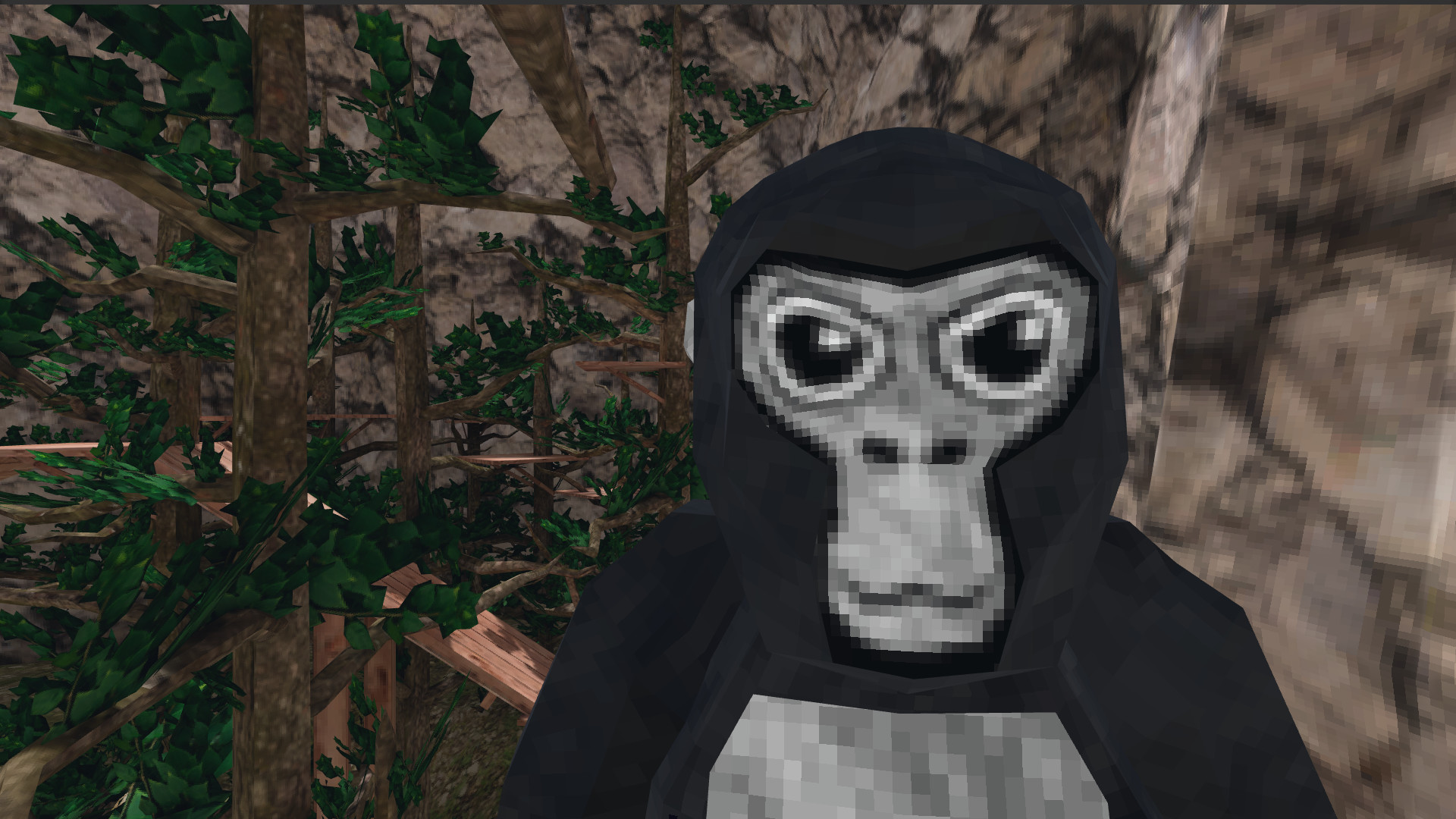
Gorilla Tag is just shy of 900 reviews from passing up Beat Saber on the Oculus Store. Big deal, right? After all, they're both wildly popular, beloved games available on the Quest and Quest 2.
Well, there's one massive barrier separating the two: Gorilla Tag's relegated to the Oculus App Lab, while Beat Saber's often front and center on the Oculus Storefront. Otherwise, both are pretty similarly poised on the store – each title boasts overwhelmingly popular user reviews.
From Fortnite to Among Us to Roblox, quality of experience and ease of use often come second to one thing: cost. Many of the most popular games in recent memory have tunneled their way into popularity thanks to smart, approachable, and gripping multiplayer design coupled with a low or nonexistent cost of entry.
With the Quest 2 already costing as much as it does (especially after its recent price increase, or if you upgrade to the 256GB model) and as the Quest’s biggest markets enter a recession, free games are worth their weight in gold both for developers and platform holders, and it’s time Meta realized that.
Gorilla Tag's not the only game to find success on the App Lab. In fact, others before it point to a hopeful future for the primate playground game; games like Puzzling Places, Ancient Dungeon, and Crisis Brigade 2 all got their start on the App Lab before releasing as full-fledged apps on the store, so there is a future for the program. Gorilla Tag still outclasses those other titles when it comes to user reviews, though and it's still on the App Lab despite months of increasing popularity.
Gorilla Tag's been the most popular game on the service for a long time, and yet it still hasn't gotten the same flowers. The 2000 — and counting — apps on the App Lab deserve a clearer, faster path to the big time, one only Meta can offer.
VR’s reached a tipping point: a critical mass of users have entered the landscape and more continue to every day. It’s no longer a niche pastime reserved for the most dedicated, hardcore tech enthusiasts and hasn’t been for a while at this point. The Quest 2’s the best-selling VR headset ever by a wide margin and it’s showing no signs of slowing down — despite Meta’s best efforts.
Be an expert in 5 minutes
Get the latest news from Android Central, your trusted companion in the world of Android
Not only are there over 15 million Quest 2’s out in the wild, but more mass-market headsets are on the way. Both Pico and PlayStation are vying for a piece of the Quest 2’s pie. Of course, the Quest 2’s got a few legs up on them both. Its form factor and branding have defined the VR market for the last few years and it isn’t likely to lose that hold in the foreseeable future, at least not before more competition comes to market with new, exclusive games and high-budget marketing. If there was a time for Meta to start experimenting with its platform and storefront practices, it’s now; before the competition gets too fierce.
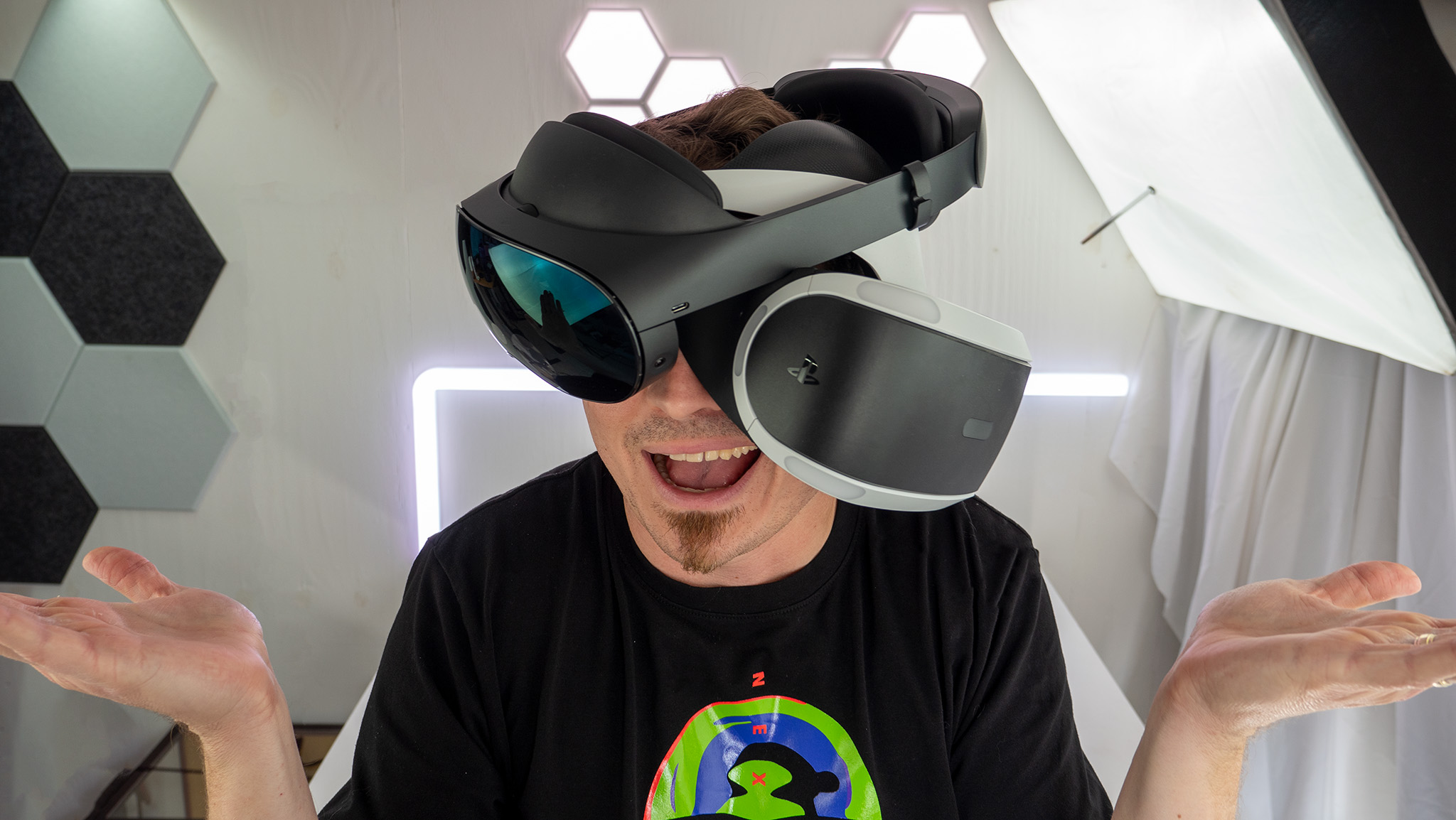
If Sony’s practices in the console market are any indication, it’s likely that the gaming giant will be keen on snapping up as many AAA exclusives for the PS VR2 as possible.
The App Lab’s a perfect way for Meta to clap back with a stable of fresh, experimental titles. It doesn't carry the same glitzy appeal as an exclusive Resident Evil game, but giving smaller developers room to grow and flourish on the platform isn’t just good for developers. It can also help Meta secure relationships with the best and brightest independent developers in the VR space. That could open the door for a better future for the platform and the medium (and Meta).
Gorilla Tag’s a perfect example of what could happen with the right stuff at just the right time if Meta loosened its grip on the platform even a little. It came out on the App Lab about a year and a half ago, and it’s already catching up to Beat Saber in user reviews.
For context, Beat Saber’s had a two-year head start on Gorilla Tag. For anything to pass up what’s often agreed upon as VR’s killer app in any metric is worth noting. For a game that’s been hailed as VR’s killer app to get passed up by any metric in such a short time isn’t unheard of, but when it faces the hindrances that Gorilla Tag does, it warrants a second look at the very least.
I don’t have access to Meta’s sales or engagement metrics, nor am I more qualified than the people running the Oculus Storefront, but I do know that there has to be a better way. Imagine the success that an independent developer like the team behind Gorilla Tag could find if their game was released as a normal app to download on the Quest storefront without the red tape that comes with being on the App Lab.
Sure, it can be a slippery slope to make it easier for smaller-scale games to make it on your storefront. After all, storefronts like Steam are nearly impossible to navigate if you don’t know what you’re looking for because it’s so bloated with shovelware. I’m not advocating for Meta to fall into the same pitfalls, but allowing games to enter your storefront via a confusing half-step can’t be the solution.
Imagine how many other lesser-known gems stuck on the App Lab are just waiting for their big break, but won’t get the chance. Gorilla Tag’s still a standout example thanks to its unique price point, approachability, and universal appeal, but that doesn’t mean that other titles can’t see similar success!
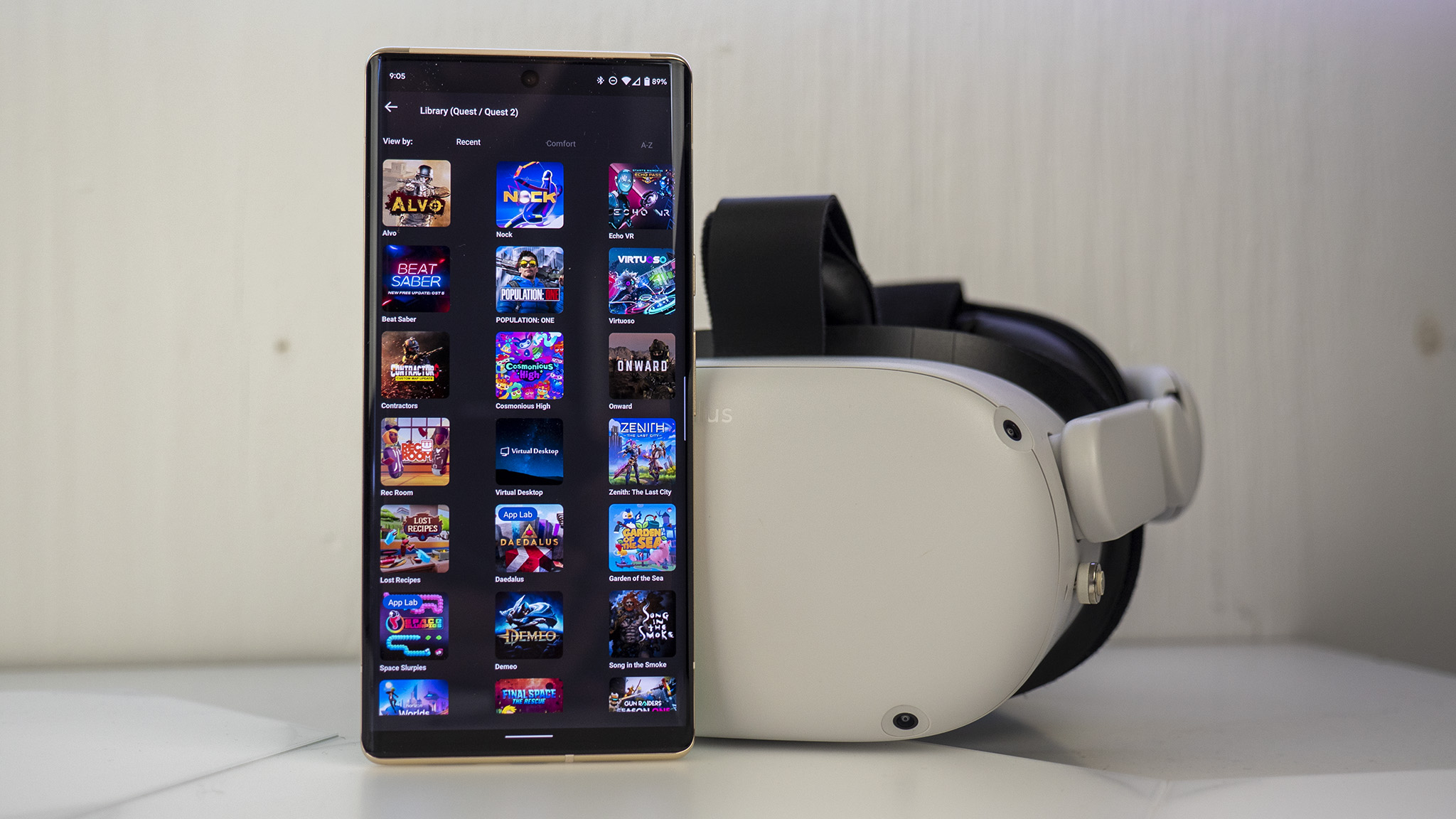
To me, the most obvious solution would involve a merit-based system, where games that test and score well within the App Lab’s more restricted audience get fast-tracked into being added to the storefront as full titles. Again, I’m sure there’s no shortage of red tape that could slow that process down considerably, but VR’s still really young, and Meta owns the store, the hardware, and the software licenses on its platform. If the only thing holding back smaller, innovative titles back are Meta's own self-imposed boundaries, why not rewrite them?
I don't see Meta completely overhauling the systems it already has in place, especially while it's the market leader in the VR space. Instead, even incremental changes could go a long way for hidden gems on the App Lab. If a game's doing particularly well, but the resources aren't available to add it to the store as a full-fledged app, Meta could certainly feature it somewhere in the store as an App Lab pick of the week or month.
That way, Meta doesn't need to spend the necessary time adding the game to the store and the game still gets some deserved attention. Or, it could be as simple as highlighting the cream of the crop: featuring App Lab experiences with plenty of positive reviews from Quest owners, while maintaining the App Lab caveat.
It's clear that Meta wants to maintain tight stewardship of its storefront. And for good reason, console and PC gaming platforms deal with some serious bloat, so it's understandable that Meta would want to avoid that. But with the competition heating up, and more developers making VR experiences, Meta needs to streamline the process for developers and the good of its own platform.
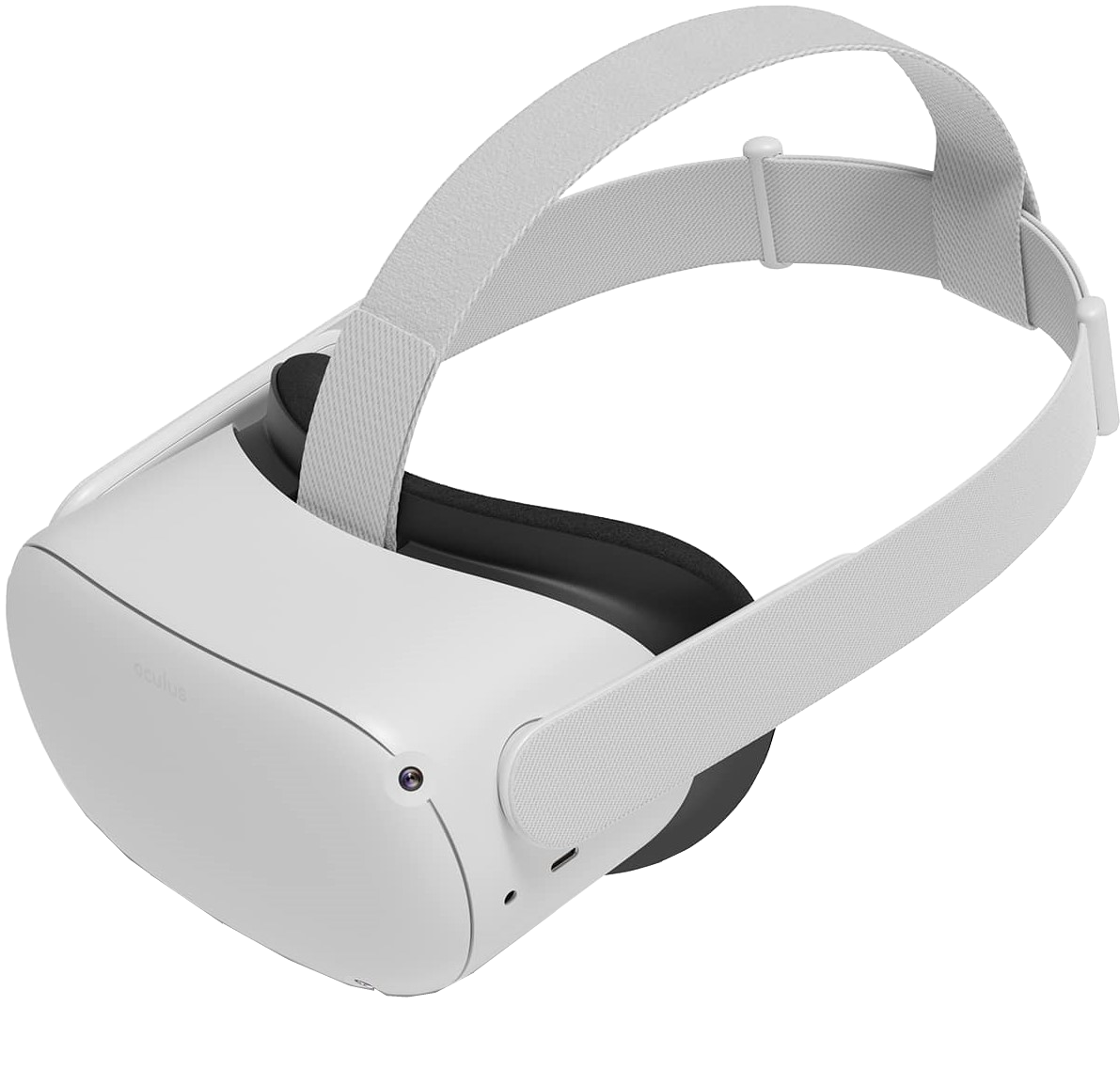
The Quest 2's price, ease of use and approachable form factor make it the best headset on the market. Factor in a stellar library of exclusives and you've got a great gift heading into the holiday season.

Charlie's a freelance contributor at Android Central from Milwaukee, WI.
